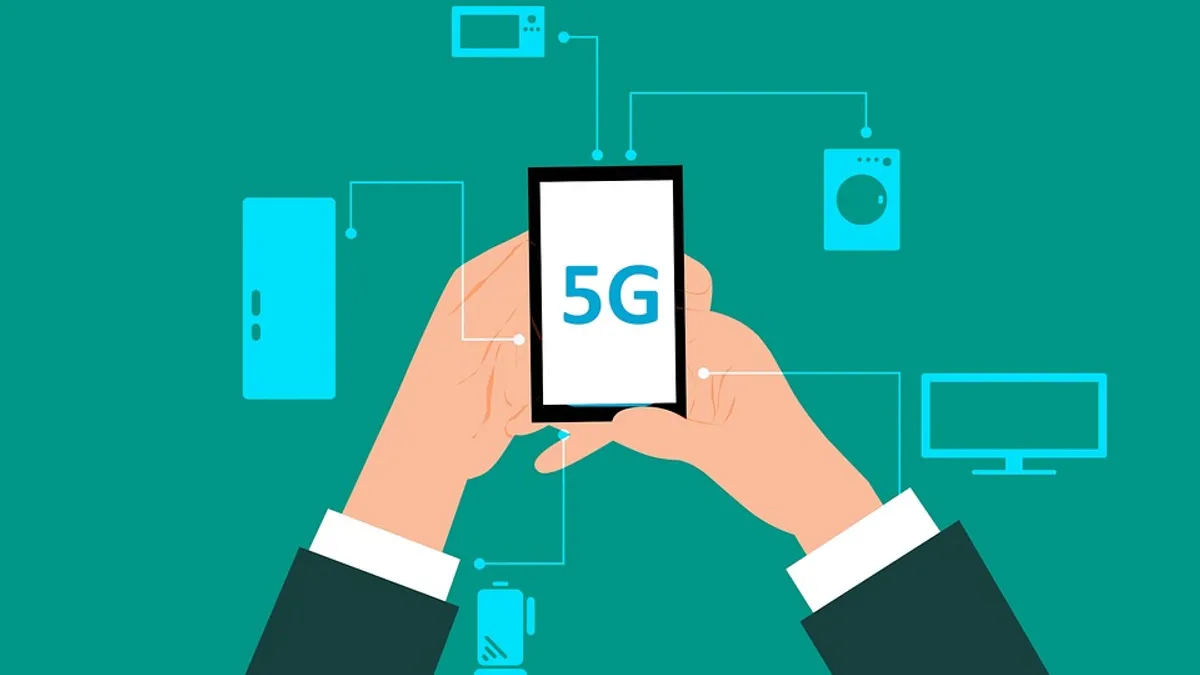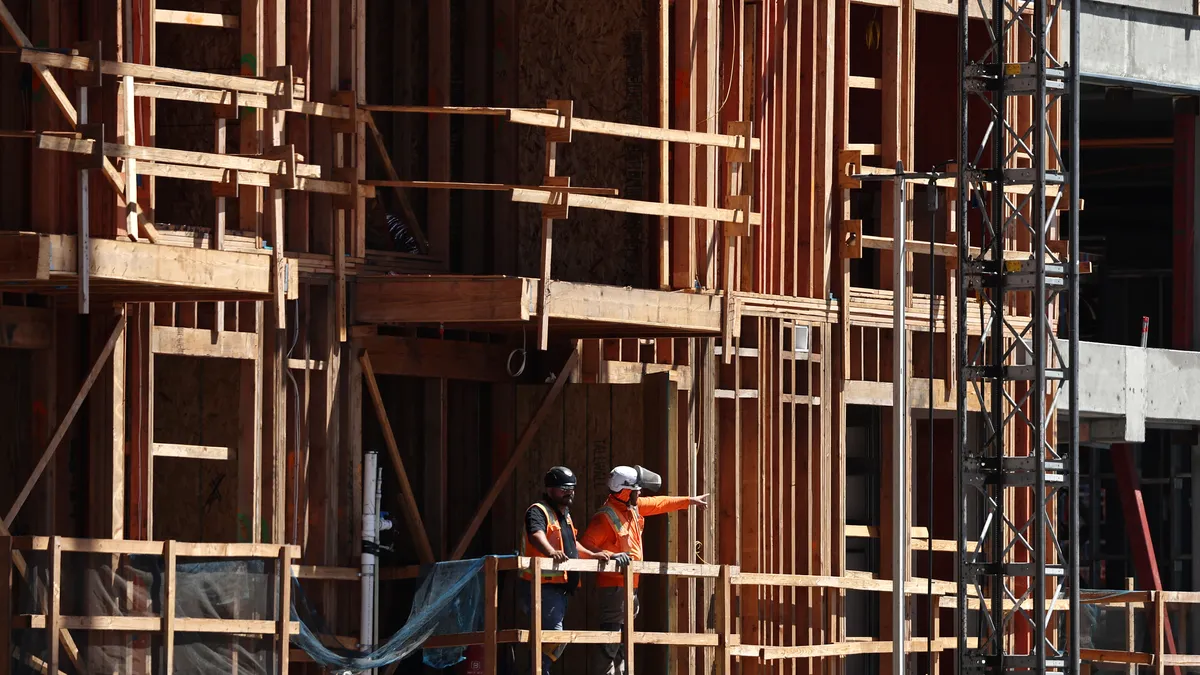Dive Brief:
- A bipartisan group of U.S. Senators have introduced a bill that would call on the White House to develop a strategy to secure 5G telecommunications systems in the U.S. and allied nations, in response to concerns about security of next-generation mobile networks.
- The "Secure 5G and Beyond Act" explicitly says the White House should not recommend nationalizing 5G or any future telecommunications network. Some advisors to President Donald Trump had previously floated the idea of a national network to ensure data security.
- The bill was introduced by U.S. Sens. Richard Burr, R-NC, and Mark Warner, D-VA, who both lead the Senate’s Select Committee on Intelligence. U.S. Sens. John Cornyn, R-TX; Susan Collins, R-ME; Tom Cotton, R-AR; and Marco Rubio, R-FL, are also original cosponsors.
Dive Insight:
As 5G mobile networks get closer to reality — with carriers rolling them out in some cities in the coming months — there have been increased conversations about how secure the networks will be. A great deal of concern has come around China’s Huawei 5G infrastructure, which has been the subject of scrutiny from several governments over its potential to be used for Chinese espionage. The U.K. government released a report this week warning of "significant" security issues with the company’s equipment, backing up warnings from the U.S. State Department.
The Senate bill doesn’t make any policy prescriptions, but directs the National Telecommunications and Information Administration to lead a multi-agency security review, along with the Federal Communications Commission, the Department of Homeland Security, the Justice Department, the Defense Department at the Director of National Intelligence. That would happen as a separate review from the administration’s ongoing work to set a national spectrum strategy.
Cities are expected to be the laboratories for 5G technology, as carriers seek to install small cell technology that will allow for the super-fast network to work in dense downtown areas. That means that cities will get the early benefits — especially in 5G’s applications for technology like connected infrastructure and smart grids — but will also have to handle some of the early security challenges. Having a federal strategy that will keep the network safe from foreign interference or hackers will help ensure that cities can take full advantage of the early rollout.










